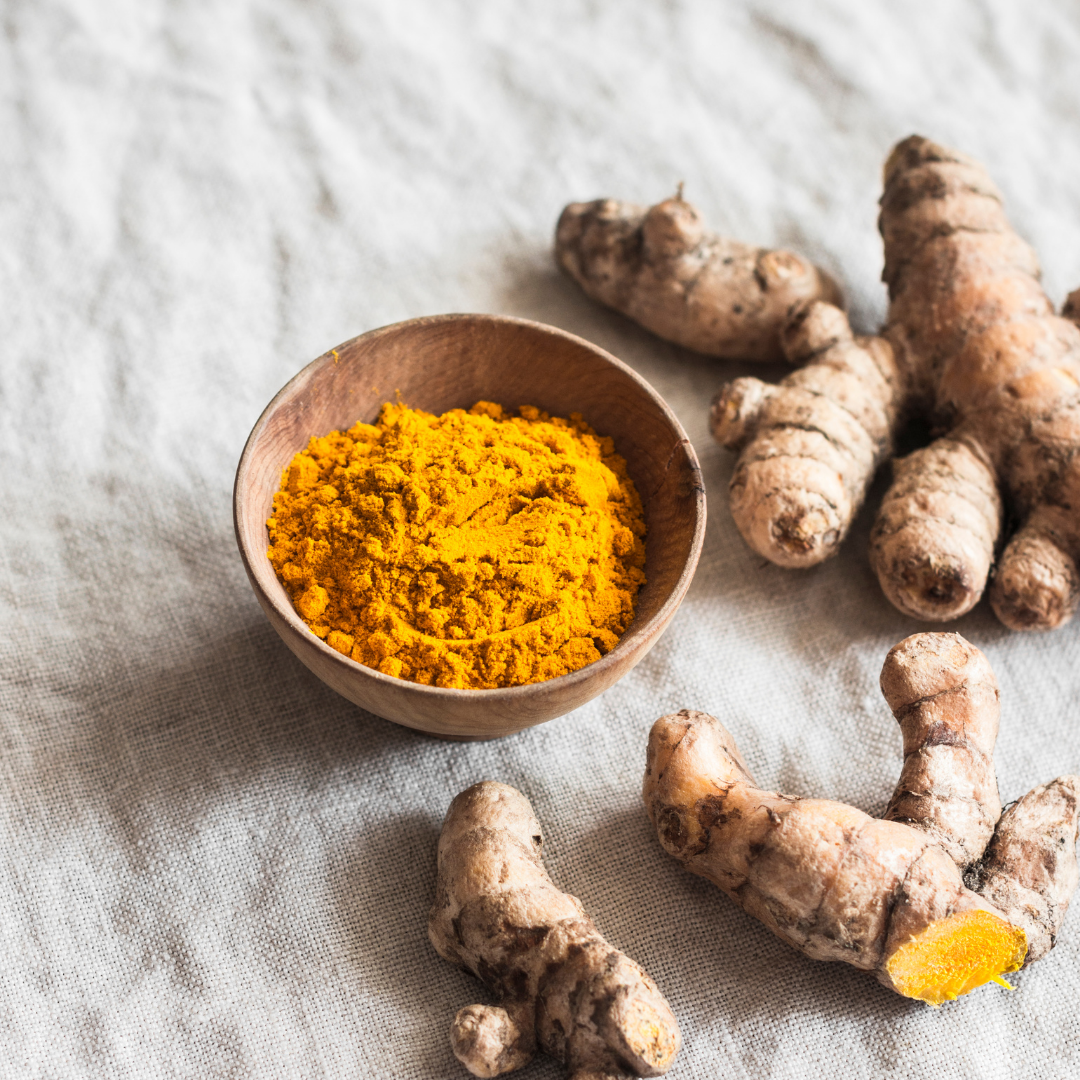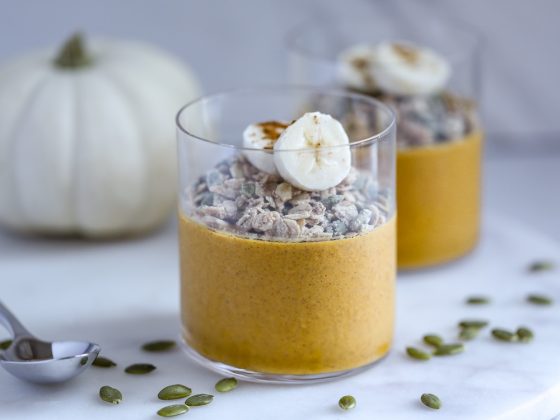Whether you are still suffering or finding relief, it is always wonderful to find natural ways to cope with allergies. Understand that you’re not alone. More than 25 million Americans are allergic to pollen.
You’re probably wondering –– why does pollen make you sniffle and sneeze? Pollen allergies are mostly triggered during Spring when big plants like trees release pollen into the air to fertilize other plants. When pollen reaches someone that is allergic, it activates their body’s immune system, which releases antibodies that attack the allergen, the National Institute of Health (NIH) says. Histamines are then released into the blood, which can cause irritating symptoms like a runny nose, coughing, or itchy eyes.
Luckily, some dietary changes can help you reduce some symptoms related to seasonal allergies. “A variety of foods may help due to their anti-inflammatory properties and may act as antihistamines, blocking histamine activity in the body.,” Dr. Kristamarie Collman, MD, a board-certified family medicine physician and founder of Prōse Medical, says. We spoke to her about the best foods that may give you some relief and comfort this allergy season. Allergies aside, all of these foods come with their medicinal benefits, so are great to consume any time of year.
Garlic
Not only can this strong vegetable ward off vampires, but it can also ward off some of the nasty symptoms that may come with your allergies. “Garlic has powerful anti-inflammatory compounds to decrease inflammation that may cause stuffy and clogged airway passages. It also contains quercetin, a natural antioxidant that may help to lower histamine levels, however more research is needed to develop a clear understanding of this,” Dr. Kristamarie says. Add a chunk of garlic to hot tea or mince it in your stir-fry to help alleviate some of your symptoms.
Citrus Fruits
There are so many options when it comes to citrus fruits, such as oranges, lemons, and grapefruits. They’re known for containing a powerful antioxidant, vitamin C. “Vitamin C is a potent antioxidant which helps to protect your cells from stress and damage and in turn may help to reduce the severity of allergic symptoms. Some research also suggests vitamin c may help decrease the amount of antihistamines produced by the body, thus reducing allergy symptoms,” Dr. Kristamarie says. Try slicing an orange or drinking lemon tea, which may provide you some relief.
Turmeric
Turmeric has been used as medicine for many years to treat a variety of conditions, therefore it doesn’t come as a surprise that this spice can help reduce allergy symptoms. “Turmeric is often known for reducing inflammation due to its main component, curcumin. This may help reduce allergic rhinitis symptoms associated with inflammation such as nasal swelling and irritation,” Dr. Kristamarie says. Turmeric is best added to soups, stir-frys, hot water, or even sprinkled in your herbal tea.
Beetroot
Beetroot is known as a nutritional powerhouse because it’s a great source of key nutrients, which are essential to bodily functions. “Beetroot is not only a great source of minerals and vitamins, but also rich in phytonutrients called betalains. Betalains help contribute to the rich red color and have been shown to provide antioxidant and anti-inflammatory properties. Individuals with allergies frequently experience symptoms such as sinus pressure and stuffy nose, with inflammation contributing to both,” Dr. Kristamarie says. Incorporate beetroot into your meals by boiling, baking, or even steaming it.










